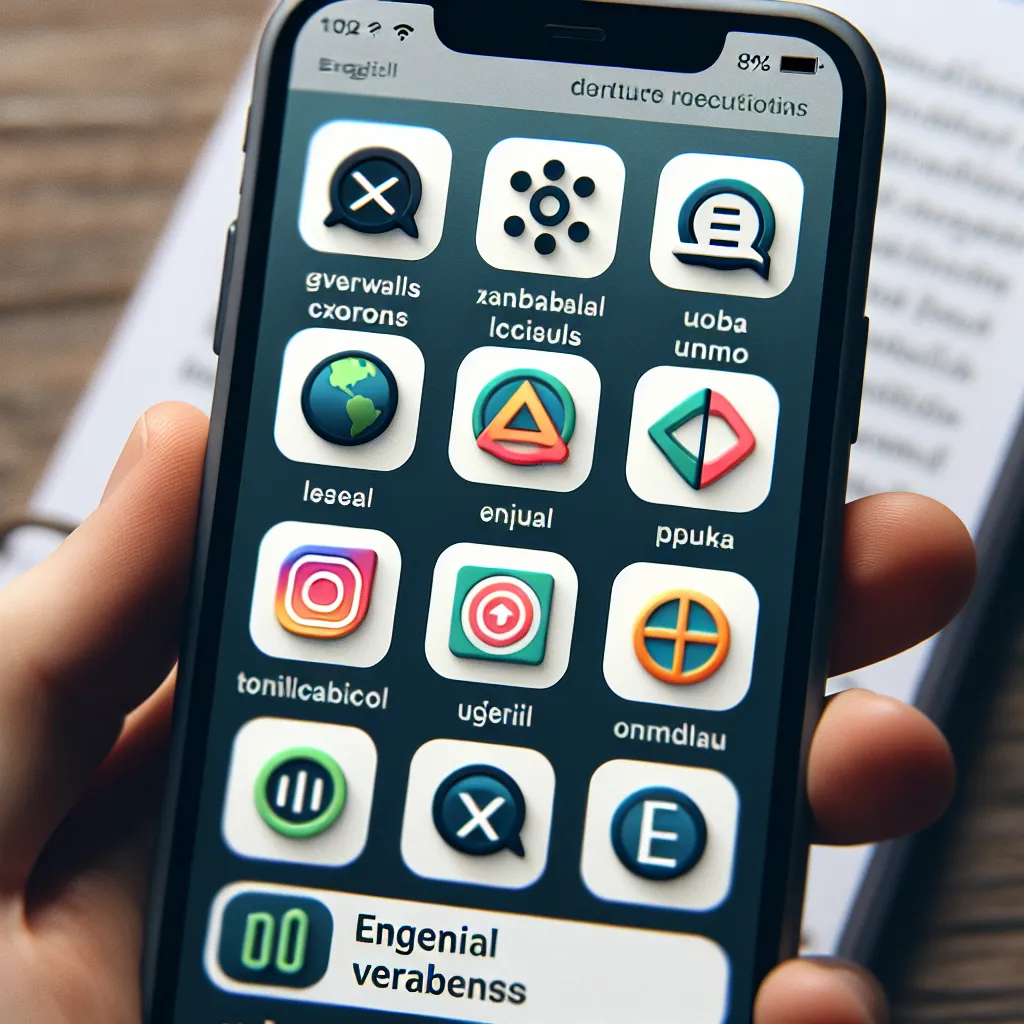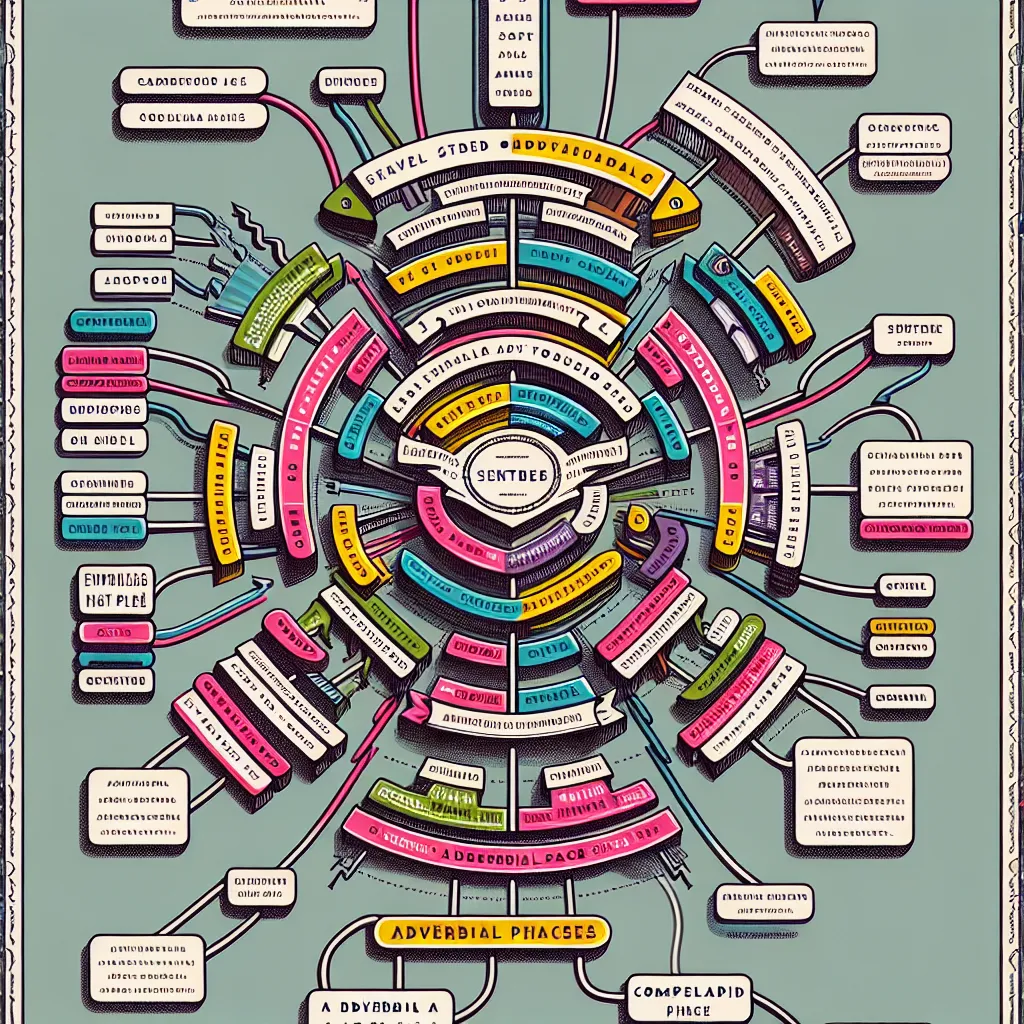Modal verbs are essential components of English grammar that can significantly enhance your language skills. Whether you’re preparing for the IELTS exam or simply aiming to improve your English proficiency, mastering modals is crucial. This article will provide you with valuable tips and strategies to help you become more confident and proficient in using modal verbs.
Understanding Modal Verbs
Modal verbs are auxiliary verbs that express necessity, possibility, permission, or ability. They include words like can, could, may, might, must, shall, should, will, and would. These verbs play a crucial role in conveying nuanced meanings and attitudes in English communication.
 Modal Verbs Infographic
Modal Verbs Infographic
Why Are Modals Important?
Modals are essential for several reasons:
- They help express degrees of certainty, possibility, and necessity.
- They’re used to make polite requests and offers.
- They allow speakers to give advice or make suggestions.
- They’re crucial in academic and professional writing for hedging and expressing various levels of commitment to statements.
Tips for Mastering Modal Verbs
1. Learn the Basic Rules
Start by understanding the fundamental rules governing modal verbs:
- Modal verbs are always followed by the base form of the main verb.
- They don’t change form for different subjects.
- They don’t use auxiliaries in questions or negatives.
Example:
- Correct: She can speak French.
- Incorrect: She cans speak French.
2. Study Each Modal Separately
Each modal verb has its unique uses and connotations. Dedicate time to studying each one individually:
- Can/Could: Ability, possibility, permission
- May/Might: Possibility, permission (formal)
- Must: Strong obligation, logical conclusion
- Should: Advice, expectation
- Will/Would: Future actions, requests, habits
3. Practice with Context-Rich Examples
Using modals in context is crucial for understanding their nuances. Create or find examples that reflect real-life situations:
- “You should probably bring an umbrella. It might rain later.”
- “I must finish this report by 5 PM. My boss will be expecting it.”
4. Use Modal Verb Timelines
Create timelines to visualize how different modals express varying degrees of possibility or obligation:
Possibility (least to most certain): might < may < could < can < will
Obligation (least to most strong): could < should < ought to < must
5. Practice with Gap-Fill Exercises
Engage in exercises where you fill in blanks with appropriate modal verbs. This helps reinforce your understanding of when to use each modal:
“You (should/must) see a doctor if the pain persists.”
“I (can/could) speak French when I was younger, but I’ve forgotten most of it now.”
6. Learn Fixed Expressions
Some modal verbs are commonly used in fixed expressions. Memorizing these can boost your fluency:
- “May I suggest…”
- “Would you mind if…”
- “You’d better…”
- “I’d rather…”
7. Understand the Differences Between Similar Modals
Pay attention to the subtle differences between similar modals:
-
Can vs. May (for permission):
“Can I borrow your pen?” (informal)
“May I borrow your pen?” (formal) -
Must vs. Have to:
“You must attend the meeting.” (speaker’s authority)
“You have to attend the meeting.” (external obligation)
8. Use Technology to Your Advantage
Leverage language learning apps and online resources:
- Use apps like Duolingo or Babbel for daily modal verb practice.
- Watch YouTube videos explaining modal verbs in context.
- Join online English forums to discuss and clarify doubts about modal usage.
 Language Learning Apps
Language Learning Apps
9. Incorporate Modals in Your Writing
Make a conscious effort to use modal verbs in your writing:
- Keep a journal and challenge yourself to use different modals each day.
- When writing emails or messages, think about how you can incorporate modals to sound more polite or express degrees of certainty.
10. Listen Actively for Modal Usage
Pay attention to how native speakers use modal verbs:
- Watch English movies or TV shows with subtitles.
- Listen to podcasts or radio shows and note down interesting modal verb usage.
Common Mistakes to Avoid
-
Using ‘to’ after modal verbs:
- Incorrect: “She must to go.”
- Correct: “She must go.”
-
Adding ‘-s’ to the main verb after modals:
- Incorrect: “He can speaks English.”
- Correct: “He can speak English.”
-
Using multiple modals together:
- Incorrect: “I will can visit you next week.”
- Correct: “I will be able to visit you next week.”
-
Confusing ‘can’ and ‘may’ for permission:
- In formal situations, use ‘may’ instead of ‘can’ for asking permission.
Next Steps
After mastering these tips, challenge yourself further:
- Take online quizzes focused on modal verbs.
- Write short stories or dialogues incorporating various modal verbs.
- Participate in English conversation groups to practice using modals in real-time communication.
- Review advanced modal constructions like “must have been” or “should have done.”
Conclusion
Mastering modal verbs is a key step in achieving fluency in English. By understanding their functions, practicing regularly, and paying attention to context, you can significantly improve your ability to express nuanced meanings in both spoken and written English. Remember, consistent practice and exposure to authentic language use are crucial for internalizing these important grammatical structures. Keep challenging yourself, and soon you’ll find that using modal verbs becomes second nature.




